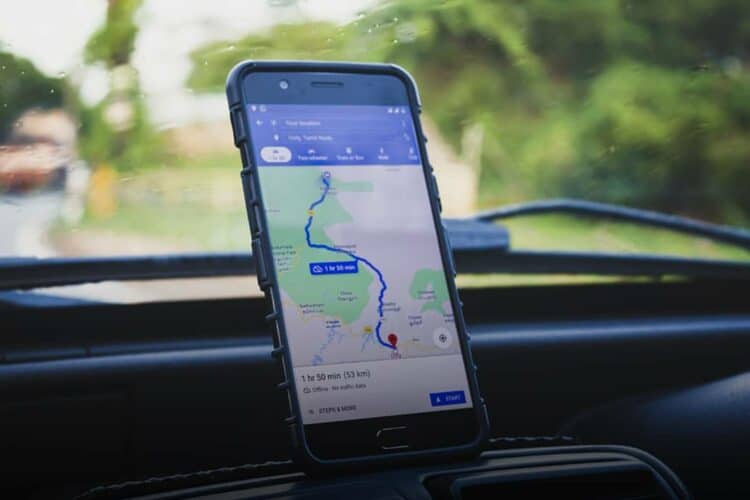A distressing episode unfolded when a tourist couple from the United States (US) faced a harrowing robbery in Cape Town, all because of a route suggested by Google Maps.
US couple blames Google for Cape Town robbery in lawsuit papers
Jason and Katharine Zoladz, who were navigating towards Cape Town International Airport, in October 2023, were led into Nyanga, a notorious crime hotspot, by Google Maps.
This misdirection resulted in a terrifying confrontation: at a red light, their vehicle was besieged by armed men.
A brick hurled through the window left Jason with severe injuries, necessitating hours of reconstructive surgery.
Amidst gunshots, the robbers made off with their valuables, leaving the couple in a state of shock and distress.
The lawsuit against Google claims negligence, highlighting a failure to heed warnings from both US and South African law enforcement officials about the dangers of the route.
This incident wasn’t isolated; other Americans had suffered similar fates along the same path.
The lawsuit emphasises ongoing discussions aimed at preventing Google Maps from directing users through such perilous areas.
Despite efforts by Cape Town officials to engage with Google Maps to mitigate this risk, the corrective action, unfortunately, came too late for the Zoladzes.
Google Maps no longer suggests routes near crime hotspots in SA
In response to this and similar incidents, Google has updated its Maps application to mark crime hotspots like Nyanga as areas to avoid.
This move came after a collaborative agreement between Google, the City of Cape Town, and the Department of Transport aimed at enhancing safety for tourists by improving route recommendations away from known dangerous areas.
This update seeks to ensure that travellers, especially those unfamiliar with Cape Town’s landscape, are directed along safer paths, Tourism Minister Patricia de Lille revealed at a press conference in November 2023.
In a bid to advance safety and security measures, the department and SAPS signed a memorandum of understanding to work together in combating crimes that affect tourists.
De Lille revealed that SAPS is also developing a coding system to better capture and analyse real-time data on tourist-related crimes
There have been challenges with tourists not reporting crimes due to their short stays and the lengthy judicial process, which discourages their participation in investigations.
“Again, let me assure you that South Africa is open for business and leisure. We are ready to welcome tourists from all over the world in order to grow our economy and stimulate job creation in this important sector,” the minister said.






